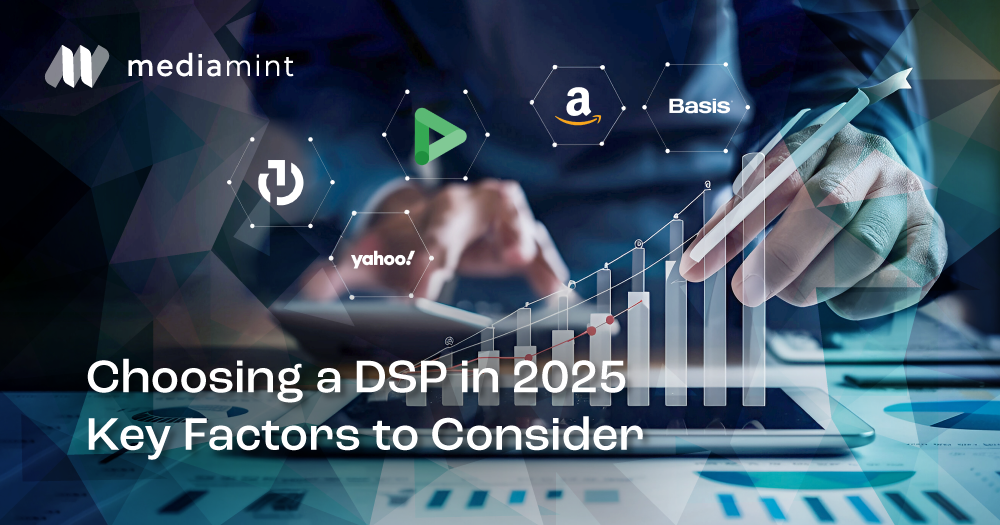Agencies and AI – a recipe for opportunity?

At the start of this year, a hyper personalized video from the CEO of one of the largest agencies in the world made its rounds within the company. The video, localized and personalized for each user, thanked employees for their hard work. The video was also a sign of the times and the direction that needs to be taken – agencies will need to embrace AI and this was a glittering example of why. What would have taken countless person hours to achieve, was created virtually in an instant – creative production was now easily possible.
The pressures on the agency world have not come overnight. When advertising was dominated by cinema, TV, billboards and print, agencies remained at the forefront of creative, buying and execution of campaigns. With the influx and adoption of technology, all this has changed.
A leveled field
Proliferation of technology and its consumer adoption has seen a phenomenal shift over the last decade in where brands spend their budgets – digital first often being the norm. What was an ‘offline’ moat for most agencies, was leveled by technology. It’s no wonder that Gartner’s Magic Quadrant regularly features several technology giants (such as Accenture, Deloitte, among others) in the list of global advertising leaders.
Further, the rapid adoption of AI has challenged the final frontier – creative production. By effectively productising this function, brands can effectively create their own immersive content and creative experiences. Coupled with the ability to hyper target using big tech platforms such as Google, Meta and Microsoft, advertising is no longer a function of big name agencies, but a very realistic capability for most small businesses. And, this is where most brands seem to be aligning their budgets.
The start of the pivot
For agencies, this is the inflection point that triggers the transition to a technology company. While the popular sentiment seems to indicate a shift in the way agencies operate, there is cautious optimism that, like with any new technology, agencies will continue to evolve and push their creative output. The democratization of creative production would mean a lot more noise – something that agencies can leverage their creative capabilities to continue to help brands stand out.
The use of AI in the agency context could also mean the unit economics improve for brands – continuously generating and repurpose multiple assets (creative, content, etc.) for the many channels that brands operate in could become cheaper. Such optimization could also help alleviate the current scrutiny that agencies are facing with how they bill and price their services for advertisers.
Such transformation also extends to agencies identifying avenues to reduce the turn around time to product RFPs, design comps or research. This has already started helping agencies by increasing the efficiency and efficacy of their output – in turn fast tracking brand investment opportunities.
Other applications have included using AI to turn agencies into technology delivery companies – working with brands to implement interactive creative formats, analytics & trends, and experimentation across channels.
Agency v2?
While the initial trepidations continue, and most agencies would view AI as an existential challenge, this represents an opportunity for agencies to take a futuristic view of how they see their operations, value and the industry evolve. Having depended on technology companies to implement outcomes, agencies will need to revisit that status quo to quickly become a technology driven and delivery company – packaging not only its creative capabilities, but other allied outcomes such as AI, personalization and other such interactive formats.
Ultimately, agencies have always been at the forefront of adopting and adapting to changing technologies and consumer preferences. AI may likely bring around the start of another such transformation.




Comment